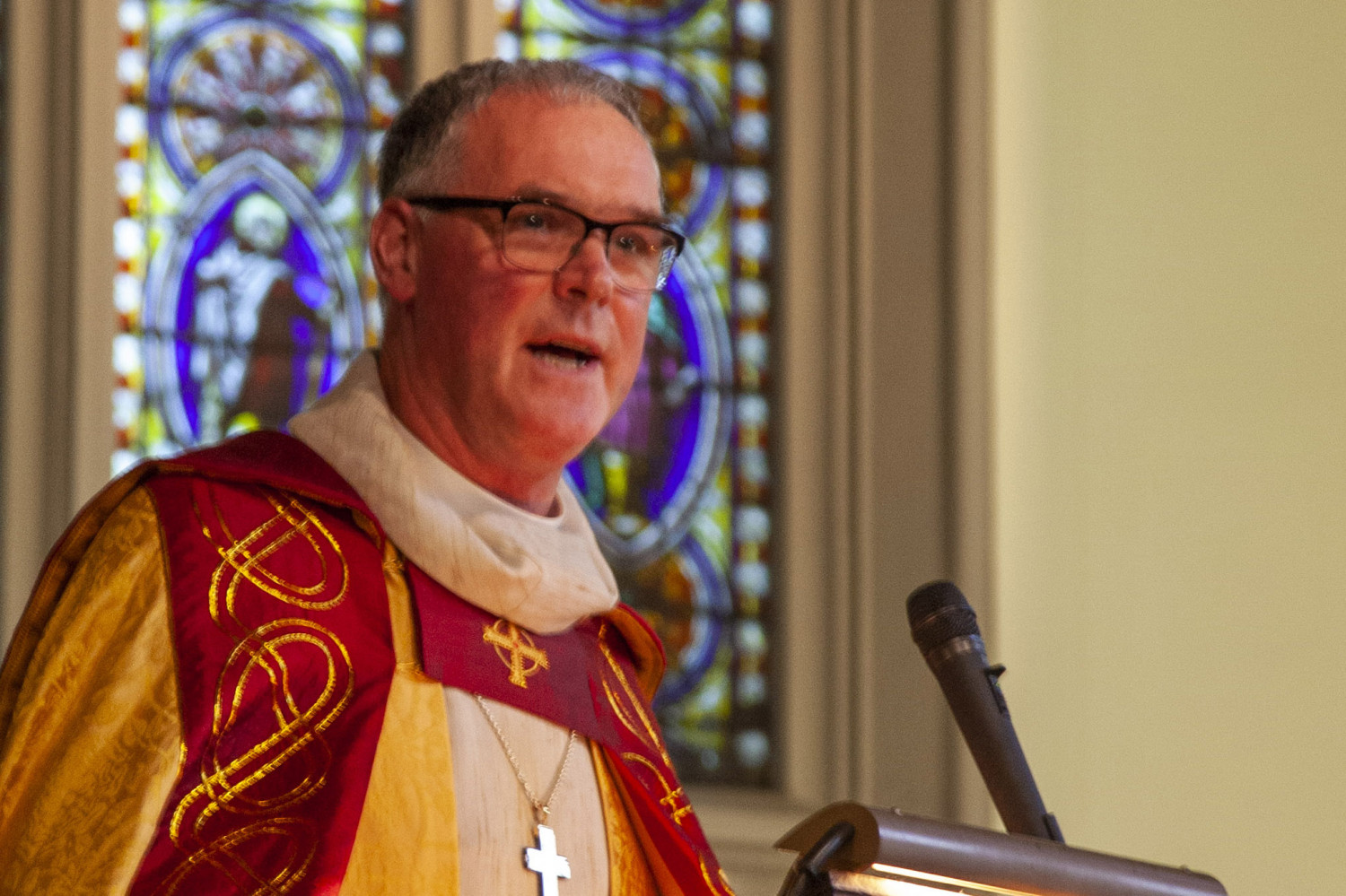 September often marks cheerful new beginnings. Schools and colleges start a new academic year; churches emerge from the torpor of August and look forward to the autumnal programme of Harvest, Remembrance, Advent and Christmas. Things get going again and, sometimes, in September we enjoy an Indian Summer.
September often marks cheerful new beginnings. Schools and colleges start a new academic year; churches emerge from the torpor of August and look forward to the autumnal programme of Harvest, Remembrance, Advent and Christmas. Things get going again and, sometimes, in September we enjoy an Indian Summer.
But this year we contemplate the coming months not with hopeful cheerfulness but with an uneasy dread provoked by international upheavals, the unsettling evidence of a changing climate and, most immediately for many, a crippling cost of living crisis. There is the real and likely prospect that this autumn people will not be able to heat their homes or feed their families.
Like others, I have been trying to think how the churches might respond to this crisis. Here are three possible things for us to consider.
Firstly, we will want to offer practical support. Already there have been some excellent proposals for churches to provide warm and welcoming spaces where people can gather against the cold. This will be no easy task as making our churches warm is an expensive and frustrating business at the best of times! I would also put in a special plea for the provision of good quality activities for children and young people in the weeks ahead. When money is tight, it is these kinds of experiences that families feel they cannot easily afford. This is a good opportunity to partner in new ways with our local schools and partnership with others must be at the heart of our practical support. All of this will require of us generous and sacrificial hearts.
Secondly, and in addition to any practical action, we will want to keep asking of ourselves, and those in power, the challenging questions. In any major crisis the poor will always suffer most but there was a universality to the pandemic. Covid-19 was no respecter of persons and even prime ministers were struck down by the virus. The cost of living crisis is different: for the better off, it may mean some significant belt tightening but for the poor, there will be a dreadful plunge into deeper indebtedness and ever more bitter poverty. The challenging question – in an advanced economy like ours – is 'Why is this the case?' Why are some people’s lives so precarious that they can be tipped into penury by a rise in energy prices and what kind of society do we need to create where such injustices are abolished?
Finally, as Christians, we will want to preach the gospel of hope in Jesus Christ. Practical support and the demand for a more just world are gospel imperatives but whilst it is true that humankind cannot live without bread, humankind cannot live by bread alone. Jesus preached to people who knew how precarious life could be – how one bad harvest could lead to destitution and hunger and in the wilderness he fed the five thousand as a sign of God’s desire for the world. This same Jesus also spoke of himself as the bread of life who meets our deepest hunger for purpose, life and hope. It is this bread that joins our life to the life of God. This is the gospel we proclaim in a time of crisis and it is the very thing that gives us hope and a sure place to stand and moves us to love our neighbours and seek their wellbeing.
+Matthew Stafford